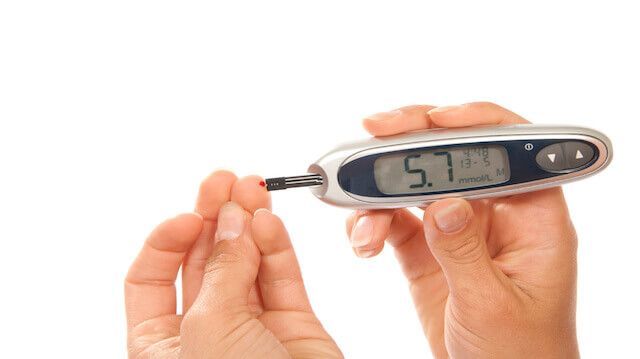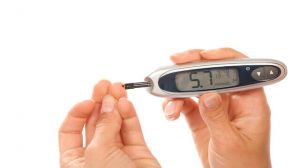
Blood sugar fluctuations can impact our health in a number of ways. They can cause us to experience either spikes or drops in energy.
Chronically low blood sugar can lead to hormonal imbalances, mood changes, foggy thinking, and occasionally more severe symptoms like seizures and loss of consciousness. Chronically high blood sugar can impair the ability of the pancreas to produce insulin, which can ultimately lead to diabetes. So what can you do to maintain healthy blood sugar levels? Here are some foods to include in your diet, and a few to avoid.
Foods that can lower blood sugar
High-fiber foods: Fiber often helps to slow down sugar absorption. While whole grain foods tend to be high in fiber, they are usually high in carbohydrates as well, and can actually cause your blood sugar to rise. Instead, try getting your fiber from vegetables, nuts, and seeds.
Foods rich in omega-3s: Omega-3 fatty acids help to counteract some of the effects on your body of elevated blood sugar. While high-carbohydrate foods are not necessarily recommended for those with blood sugar challenges, if you eat high-carb items, it can be beneficial to include another food with plenty of omega-3s in the same meal.
Coconut: It is a rich source of medium-chain fatty acids (also referred to as medium-chain triglycerides), which can replace sugar as a dietary energy source. Medium-chain fatty acids are also believed to help with the process of burning calories and oxidizing fat. In addition, one of these fatty acids, called lauric acid, is believed to have significant antimicrobial effects.
Broccoli: As well as being a good source of fiber, broccoli is high in chromium, which is beneficial because a chromium deficiency can lead to trouble with blood sugar regulation. Additional foods that are high in chromium include raw cheese and Brewer’s yeast, among others.
Foods that can raise blood sugar
Sugar and grains: Sugar and starchy grains — which are processed much like sugar in the body — are among the most likely to cause rapid spikes in blood sugar.
 Processed foods: These often contain refined carbohydrates and sweeteners like high fructose corn syrup, making them both low in fiber and high in sugar. Not to mention the range of undesirable artificial ingredients that are found in most processed foods, like flavors, colors, trans fats, and thickeners.
Processed foods: These often contain refined carbohydrates and sweeteners like high fructose corn syrup, making them both low in fiber and high in sugar. Not to mention the range of undesirable artificial ingredients that are found in most processed foods, like flavors, colors, trans fats, and thickeners.
Type 1 cow’s milk: Not all milk is the same. Milk can contain four types of a protein called casein. The type of casein the milk contains may impact how it affects blood sugar.
Research has suggested that children with type 1 diabetes can be sensitive to cow’s milk with type A1 casein. To avoid A1 casein, opt for goat’s milk instead. In addition, some research suggests that those who consume full-fat milk, as opposed to non-fat, have a lower risk of developing type 2 diabetes. This may be due to the fact that because the fat has been removed, non-fat milk is higher in lactose sugar by volume than full-fat milk, giving it a higher glycemic index score (meaning it is more likely to raise blood sugar).
Artificial sweeteners: Many people opt for artificial sweeteners to avoid the negative impacts of sugar. However, research suggests that saccharin, sucralose, and aspartame that are found in sweeteners like Sweet’N Low, Splenda, NutraSweet, and Equal, negatively impact the makeup of beneficial bacteria found in the intestines, which can lead to elevated blood sugar levels.
—The Alternative Daily

